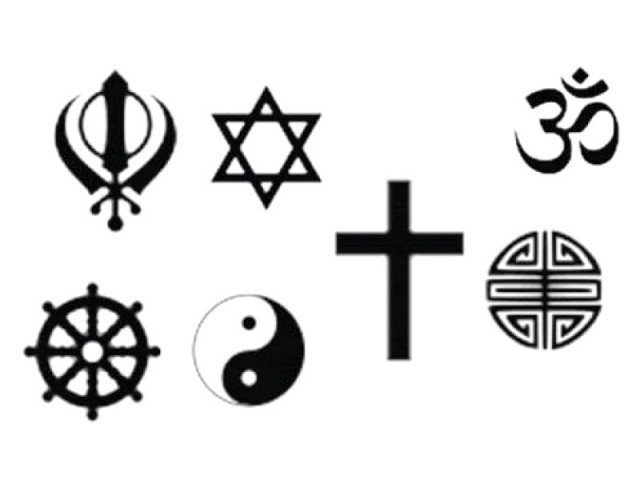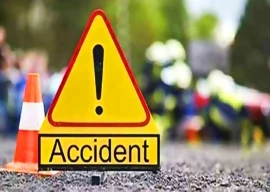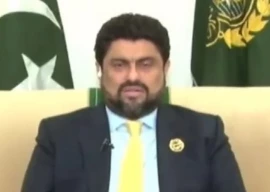
A Human Rights Commission of Pakistan expert group meeting on communities vulnerable because of their beliefs reflected on these questions on Sunday.
"Section 3 of Article 260 of the Constitution, which divides Muslims and non-Muslims, should be repealed," suggested minority rights activist Veerji Kolhi, acknowledging that the division of Hindus in castes and sub-castes was also a source of the issues.
Meanwhile, Advocate Kanji Rano Bheel highlighted inter-caste biases. "I helped release bonded labourers from captivity through the courts. When they came to my office, they refused to drink water from our glasses just because they belonged to another sub-caste."
Describing panchayats or councils that claimed to represent the Hindu community as groups with vested interests for the benefit of particular segments of the community, he demanded that they should be banned.
"Instead of demanding separate rights and quotas, religious communities should assimilate with the Muslim majority," believed Sindhi journalist Mahesh Kumar.
Dr Neil Kaanth recounted how lack of education had chained some sub-castes in varying degrees of oppression. "Kolhis are mostly uneducated peasants in the agricultural sector, while Meghwars, in contrast, are often engaged in trade," he explained. "Merely this difference of occupation has left the former at the mercy of feudal landlords while the latter enjoy comparative independence and prosperity." He also asserted that instead of struggling for minority rights, the Hindus and other religious communities should strive for citizens' rights.
Participants hailing from Tharparkar and Umerkot alleged that some religious welfare organisations were carrying out conversions under the garb of charity work.
Published in The Express Tribune, June 16th, 2015.





1732861143-0/Untitled-design-(73)1732861143-0-270x192.webp)











COMMENTS
Comments are moderated and generally will be posted if they are on-topic and not abusive.
For more information, please see our Comments FAQ